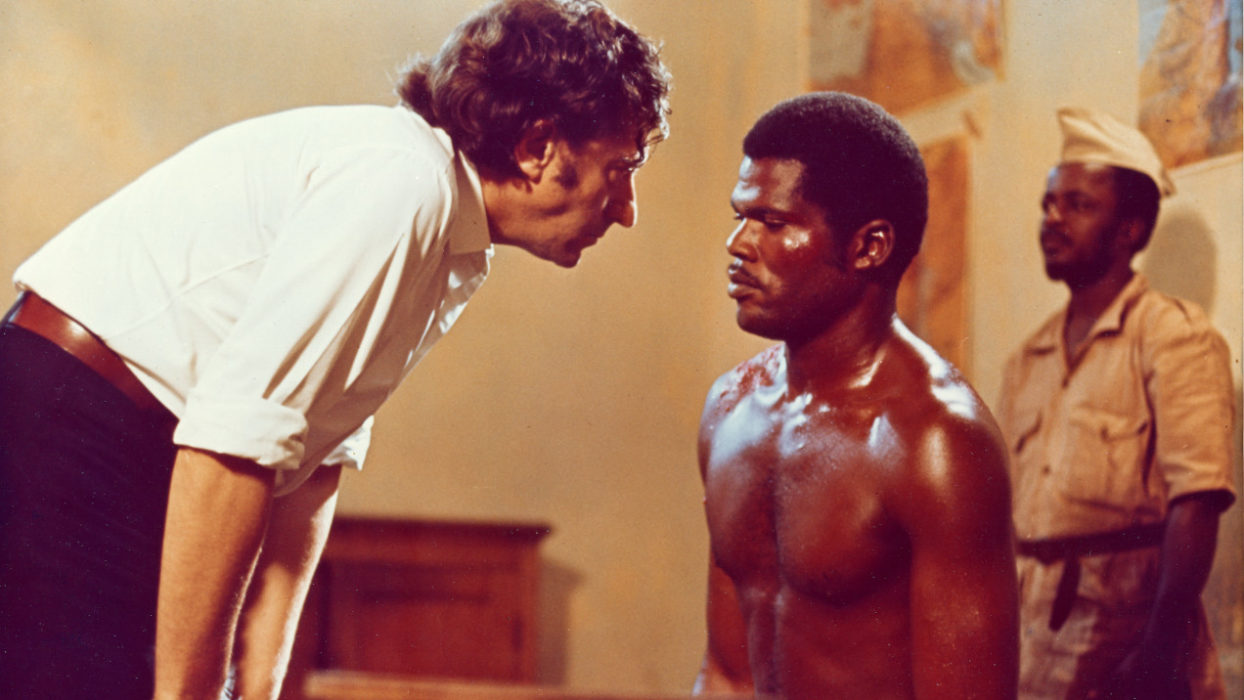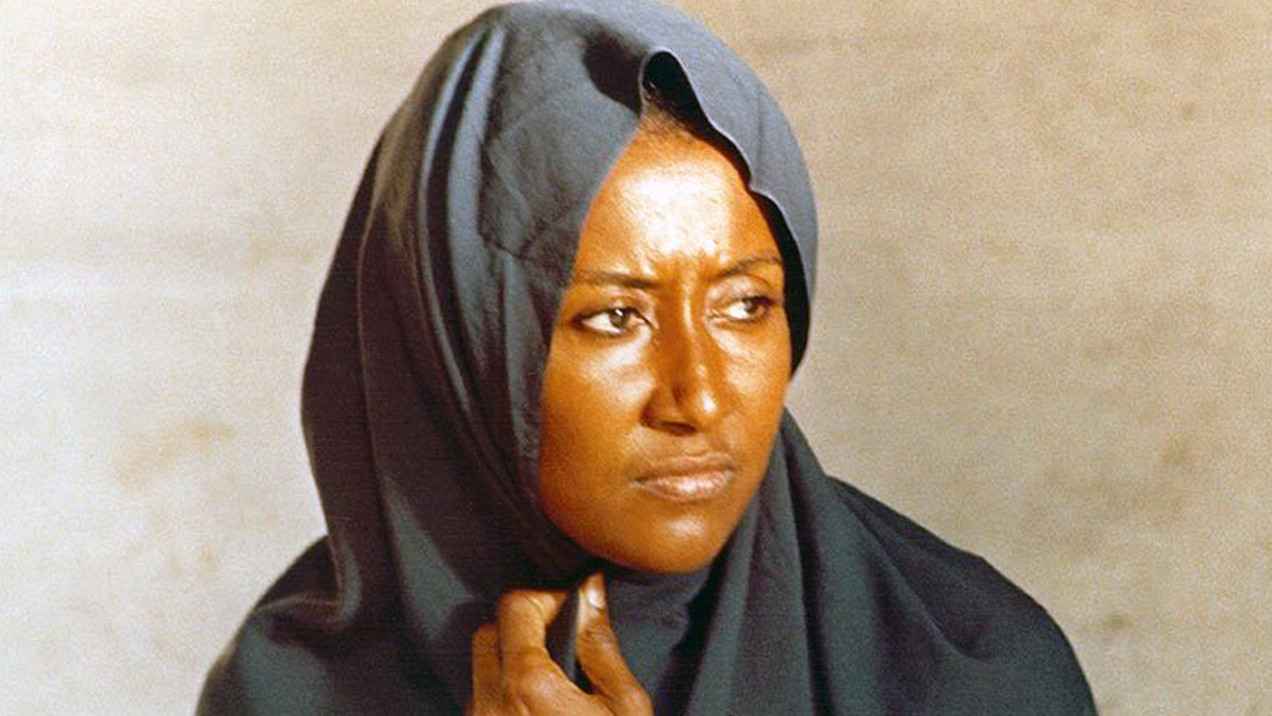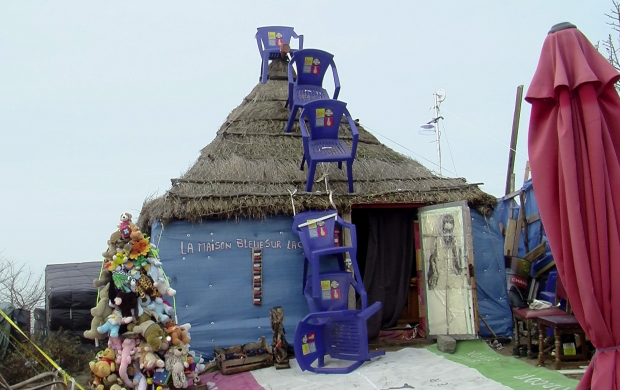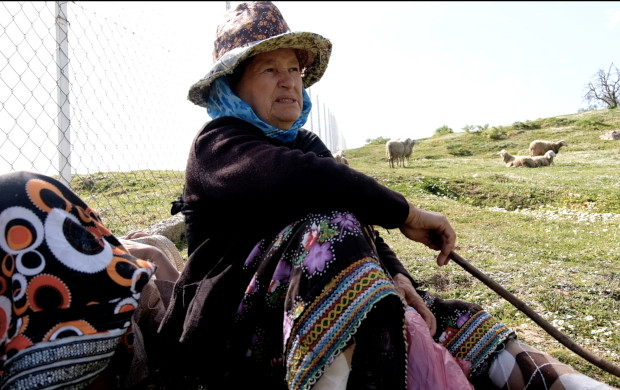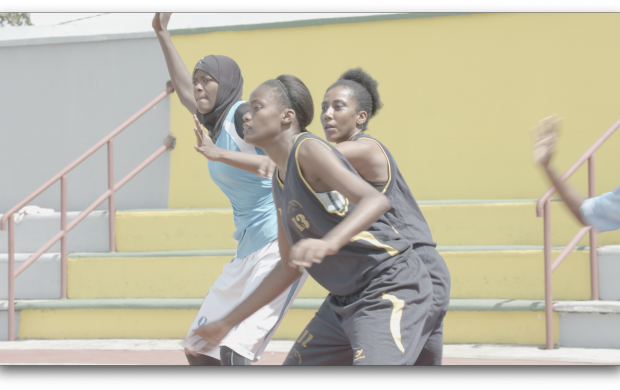Sambizanga
- 1972
- Angola, Republic of Congo, France
- 102 min
The early days of resistance in Angola in the 1960s. Domingos Xavier, an activist in the MPLA, the Angolan party fighting for national liberation, is wrenched from the arms of his wife by a troop of soldiers who take him to an unknown destination. His wife sets off on an exhausting march across the whole country in search of her husband.
In the 1950s, tired of being cast as maids, four friends founded the first all-black theater company in France. One of them was Sarah Maldoror, who went on to study at the Moscow Film School and to work (uncredited) as an assistant on The Battle of Algiers (1966). She completed over forty film projects—features, documentaries, many shorts—and left at least as many unrealized. Those that did get made suffered damage and loss. Sambizanga, her 1972 masterpiece on the Angolan liberation movement and the first feature film shot in Africa by a woman of African descent, slipped out of her control. The rights were sold by one French producer to another, who held them hostage for decades. Neglected, unseen, the film was left to fade. After a long battle waged by Maldoror’s daughters with support from the Film Foundation, it has been restored to radiance.
from Yasmine Seale (4columns.org, january 7th 2022)
- Production : Isabelle Films
- Screenplay : Claude Agostini, Sarah Maldoror, Mario Pinto de Andrade, Maurice Pons, d’après le roman de José Luandino Vieira, A vida verdadeira de Domingos Xavier
- Cinematography : Claude Agostini
- Sound : Henri Roux
- Editing : Georges Klotz, Sarah Maldoror
- Print source : editionsrenechateau@orange.fr
